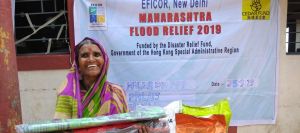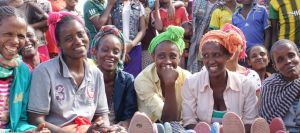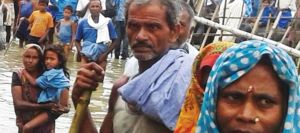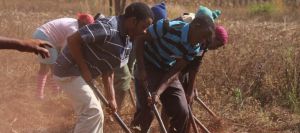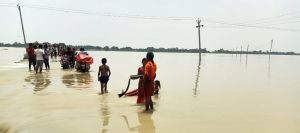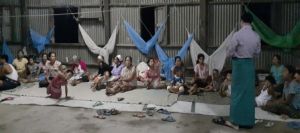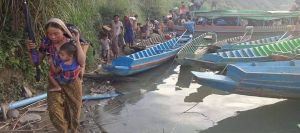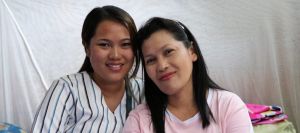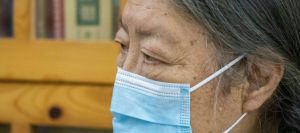
Love in the Time of COVID-19
Written by: Edward Lai (Senior Communications Officer) Combating virus in China In China, the coronavirus has rapidly spread cross the country’s territories. During the early stage of outbreak when anti-virus materials were lacking in China, CEDAR made an allocation of approximately HK$513,000 to provide emergent relief aid in Hubei, Yunnan and Sichuan provinces. Through the local networks of our Christian partners in mainland, we provided medical personnel, disinfection workers, impoverished families, as well as civil servants who were on shift duty to combat the disease, with hygienic and protective supplies. We also mobilised volunteers to care for the poor families and offer living supplies. As the novel coronavirus is highly contagious, our partners strove to keep person-to-person contact



